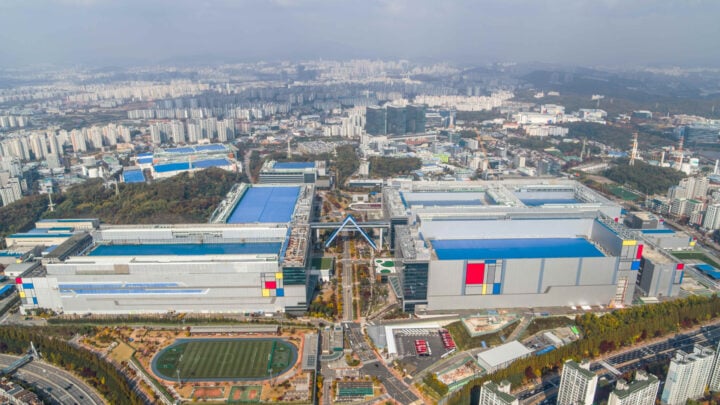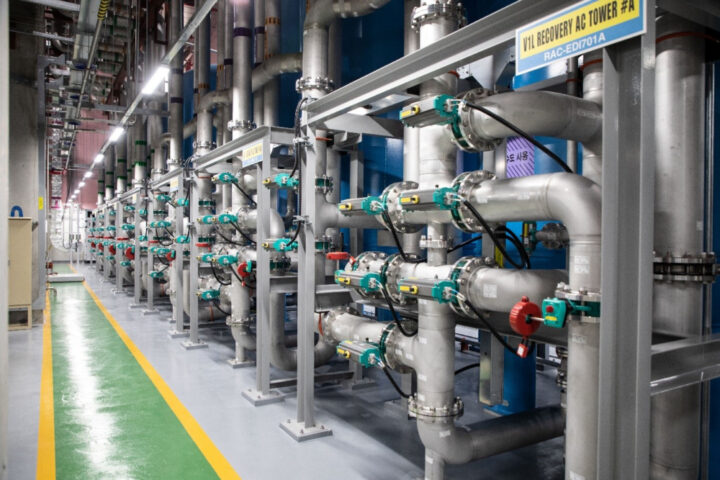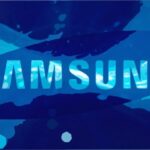Samsung has been consistently trying to reduce the negative effects of its products on the environment. Over the past few years, it has started using recycled material in its devices and reducing harmful emissions from its factories and products. However, a new report claims that it isn’t doing enough and needs to improve.
According to a new Greenpeace report, Samsung Display and Samsung Semiconductor aren’t doing enough to decarbonize their supply chains. Samsung Display, which supplies display panels to almost all popular smartphone brands in the world, received a C- rating in 2022. While that is an improvement from the D+ rating it received in 2021, the progress has been slow. This Samsung Electronics subsidiary also manufactures QD-OLED and Micro LED panels for laptops, monitors, and TVs. It ranked behind LG Display in Greenpeace’s new report.
Samsung Semiconductor, which designs and fabricates semiconductor chips for almost all kinds of consumer electronics, received a D+ rating for its efforts in 2022. It is the same rating it received in 2021, so there has been no real improvement. The company ranked behind all its rivals, including Intel, SK Hynix, and TSMC. According to the Greenpeace report, the semiconductor industry is estimated to emit around 86 million tons of CO2 equivalents in 2030. A majority of carbon emissions in the consumer electronics industry originate from the manufacturing of components.
While Samsung has pledged to become carbon neutral and use 100% renewable energy by 2050, it has not extended that pledge to its supply chain. The supply chain is part of Scope 3 emissions in the GHG (Greenhouse Gas) Protocol. While Samsung’s renewable energy ratio improved by 10% compared to 2021, Foxconn and Intel also improved in that regard. Foxconn, Apple’s biggest supplier, remained amongst the worst in the industry, below the likes of Intel, LG, LuxShare, Pegatron, Samsung, SK Hynix, and TSMC. Samsung Display rival BOE, a Chinese display manufacturing firm, received an F rating, along with Goertek, a Chinese firm.
This report assessed decarbonization efforts by 11 suppliers that supply electronics components to major brands, including Apple, Google, Microsoft, and Samsung. This report claims to show whether component manufacturers are reducing the burden on the environment ahead of the COP28 (Conference of the Parties of the UNFCCC) conference that will be held from 30 November to 12 December this year. 2030 is seen as a crucial timeline that companies need to follow to stop global warming exceeding 1.5°C from the current levels. Companies need to use low-impact renewable energy, reuse water, and reduce carbon emissions.
Greenpeace said in a statement, “It’s encouraging to see that electronics manufacturers are finally recognizing the need for climate action, but progress has been uneven and too slow. The ambition level of electronics manufacturers is still far from sufficient to ensure the global average temperature rise remains within 1.5 degrees Celsius.“



